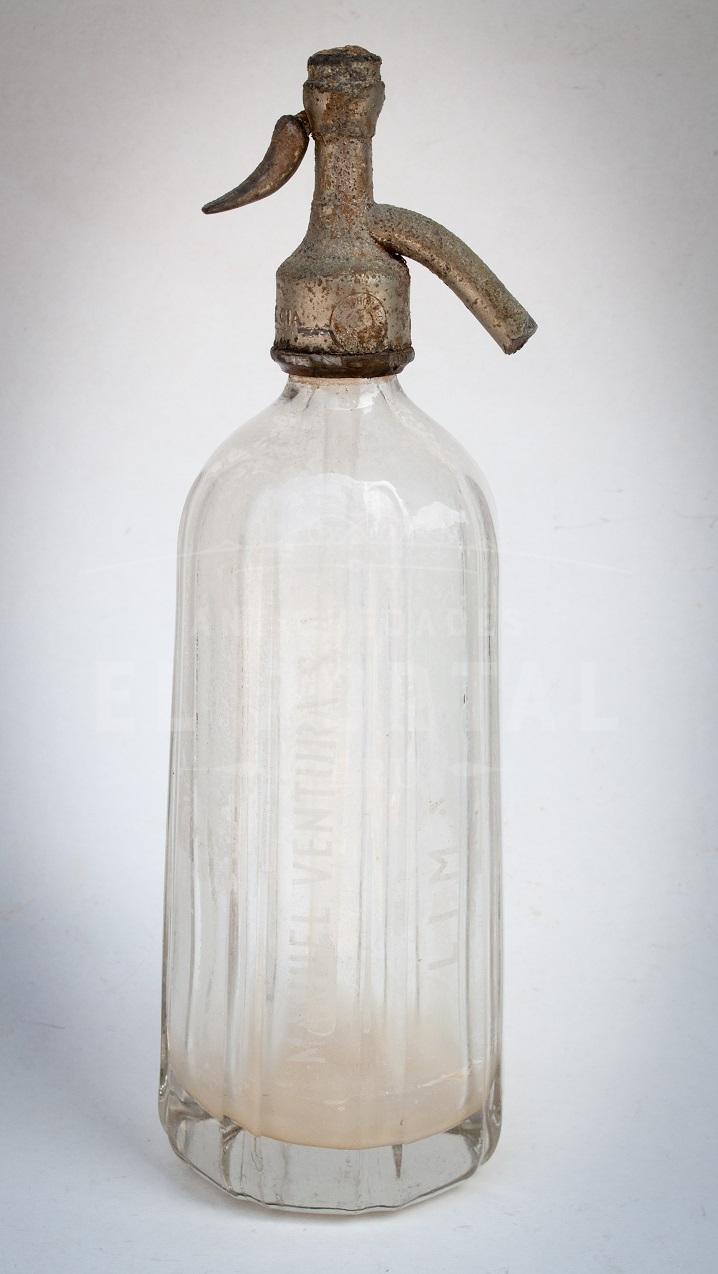

After Marquez left in 1999, only Cuauhtémoc Blanco (currently in the MLS, playing for the Chicago Fire) and Francisco Palencia tried their luck in Europe, promptly returning before the 2002 World Cup. Mexico's labor agreement (or lack of one) between owners and players has long made it a hurdle for European clubs to negotiate for top talent.

However, not too many eyebrows were raised when the reality was more of a trickle than a flood. The proverbial floodgates were open, with outsiders and players alike expecting a dramatic increase of Aztec footballers in the Old World. Before the summer was over, Rafael Márquez was part of an AS Monaco club that would eventually win the league, the cup and the league cup before making a move to a football giant: FC Barcelona.īack in Mexico, journalists and fans looked for the next Rafa, the next player worthy of hopping across the pond and competing in a top league. The international community had gained notice, too. A handful of games later, Mexico had its first win in a tournament organized by FIFA, and Márquez had emerged as one of the country's top talents in decades. Awash in praise, media around the country set abuzz over the young defender's performance in the playoffs and his subsequent call-up to the Mexican National Team for the 1999 Confederations Cup, held in Rafael's home country.
#Manuel vidrio series#
He was barely 20 years old, and yet the Zamora, Michoacán native already commanded respect among his teammates at FC Atlas - Mexican soccer's version of the Chicago Cubs (their last league championship was recorded in 1951) - had come up frustratingly short yet again, losing out to CD Toluca in the championship series after a heartbreaking penalty shootout.Īnd yet, there he was.


 0 kommentar(er)
0 kommentar(er)
